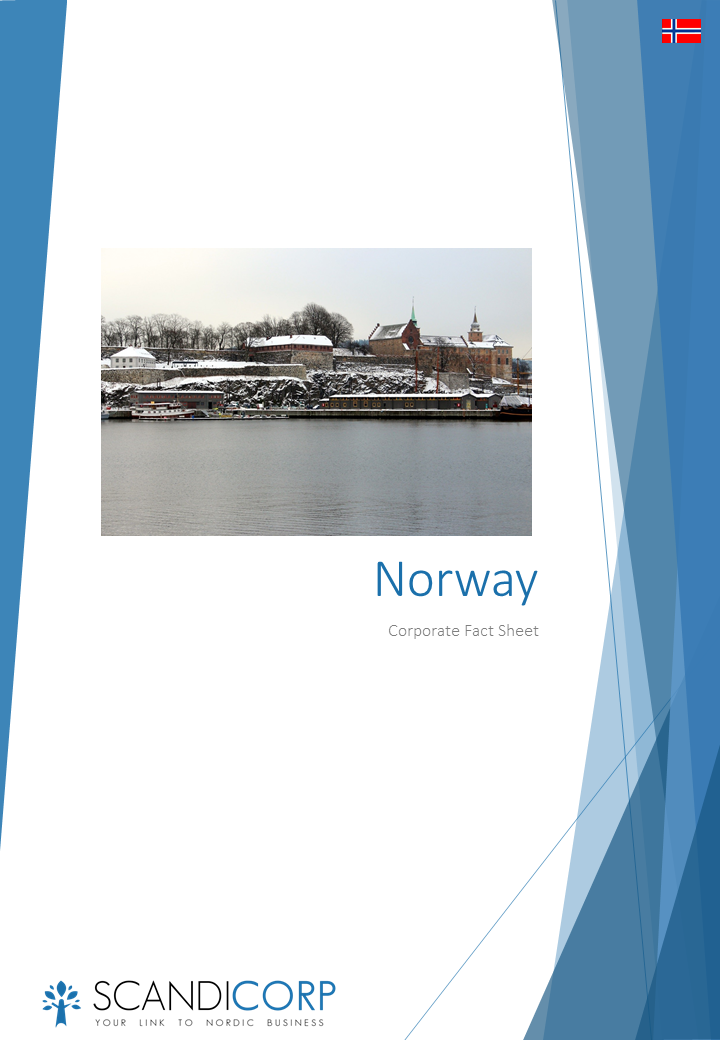Sweden as a Gateway to Nordic and Baltic Markets
Sweden’s unique geographical and economic position in Northern Europe makes it a strategic gateway for businesses looking to access both the Nordic and Baltic markets. Renowned for its robust economy, political stability, and innovative business environment, Sweden serves as a crucial hub for trade and commerce in the region.
Sweden’s Economic Landscape
Sweden’s economy is characterized by a strong commitment to free trade, a competitive domestic market, and a high standard of living. Its strategic location, bordered by Norway and Finland and connected to Denmark via the Öresund Bridge, facilitates easy access to Nordic markets. Additionally, Sweden’s extensive coastlines along the Baltic Sea provide direct maritime routes to the Baltic countries, making it an ideal base for companies aiming to penetrate these markets.
Advantages of Doing Business in Sweden
- Trade Efficiency: Sweden ranks high in global logistics performance, reflecting its efficient trade procedures and quality infrastructure. This efficiency is crucial for businesses that depend on the timely and cost-effective transport of goods across borders.
- Innovative Environment: Home to a thriving tech scene and a hub for innovation, Sweden offers a supportive ecosystem for startups and established enterprises alike. The country’s focus on research and development, supported by significant government investment, fosters innovation across various sectors.
- Business-Friendly Policies: Sweden is known for its transparent and business-friendly environment. The government offers various incentives for foreign businesses, including tax benefits for large-scale investments and support for research and development activities.
Expanding into Nordic and Baltic Markets
- Cultural and Economic Ties: Sweden shares strong cultural and economic ties with other Nordic countries (Norway, Denmark, Finland, and Iceland) and the Baltic states (Estonia, Latvia, and Lithuania). These relationships facilitate smoother market entry and business operations due to similar business practices and consumer behaviors.
- Strategic Trade Routes: Sweden’s advanced infrastructure and strategic maritime routes offer effective supply chain solutions for businesses operating in the Nordic and Baltic regions. The Port of Gothenburg, Sweden’s largest port, acts as a major gateway for trade throughout the Nordics and Baltics.
- Market Access: Companies based in Sweden benefit from the country’s active participation in regional trade agreements and blocs, which provide reduced tariffs and streamlined access to surrounding markets. This access is invaluable for businesses looking to expand their footprint across multiple countries in the region.
Scandicorp’s Role in Facilitating Market Entry
Scandicorp specializes in helping businesses establish and expand their operations in Sweden and beyond. With deep knowledge of local regulations, business practices, and cultural nuances, Scandicorp provides tailored services that include:
- Market Analysis: Offering comprehensive insights into local market trends and consumer behaviors to help businesses tailor their strategies accordingly.
- Legal and Regulatory Guidance: Navigating Sweden’s regulatory landscape can be complex, and Scandicorp ensures that businesses comply with all legal requirements, from company registration to ongoing compliance.
- Logistics and Supply Chain Management: Advising on the most effective logistics strategies to maximize efficiency and reduce costs, particularly for businesses looking to leverage Sweden’s trade routes.
Click here to read more about how Scandicorp can assist you to start a business in Sweden.
Sweden as a Business Hub
Sweden stands out as a dynamic hub for accessing the Nordic and Baltic markets, providing strategic advantages that are hard to replicate. With its favorable business environment, strategic location, and strong economic ties across the region, Sweden offers significant opportunities for businesses aiming to expand their presence in Northern Europe. Partnering with Scandicorp allows businesses to tap into these opportunities, ensuring a smooth and successful expansion into new markets.






